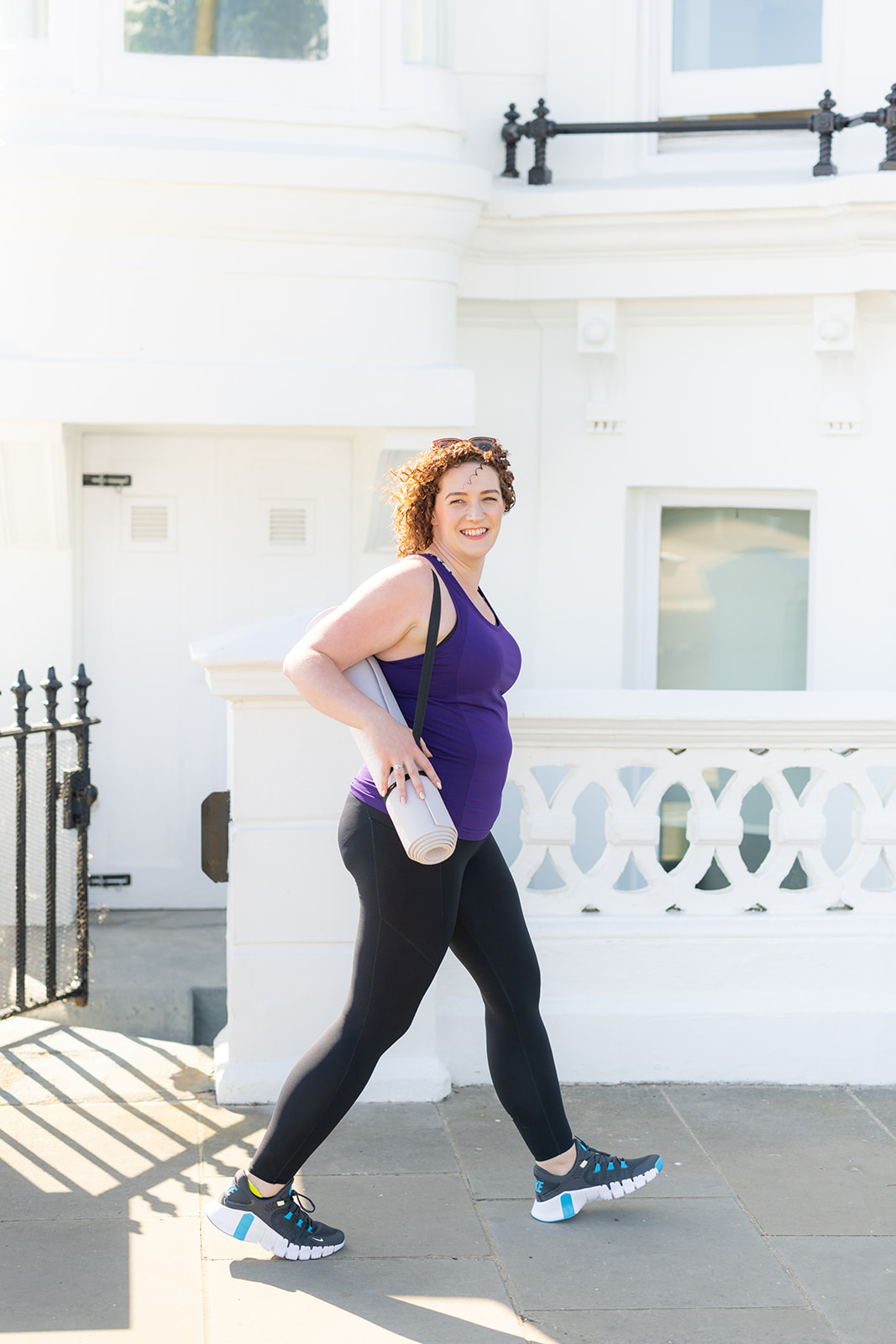Newspaper, The Times, recently published a fitness feature on measurements of fitness. The good: it decried BMI. The bad: Horsham-based female personal trainer Becky gives her take here…
Before we start, a quick warning: this post is going to discuss elements of diet culture, fatphobia, and other similar topics that people may find triggering. If this isn’t a safe area for you, please feel free not to continue reading. However, if you are comfortable with hearing a critique of a very bad take, do stick with me.
Fitness in The Times
This isn’t the first time I’ve taken exception to a fitness piece published in The Times’ Weekend. The publication often makes blanket recommendations on nutrition and exercise which are inappropriate at best, and falsely gendered at worst. Recently, they ran a piece called, “How to measure a healthy weight”, and so we’re off to a very bad start.
Credit where it’s due, I expected it to be far worse than it is. A lot of the piece was actually bordering on good, with it finally actively criticising the measurement of Body Mass Index (BMI). For the uninitiated, BMI is a measuring system which has been blindly used for decades as a marker of health – and the NHS continues to use it, as do many other institutions. It is highly flawed, though, and actually presents entirely false results when used as a metric for “health”, so The Times was right to disregard it. Unfortunately, they got something else very wrong.
Fitting into your jeans
The article stated that, “Provided you were not obese at that age, many experts believe you should aim to maintain your 21-year old body weight and waist measurement for life.”
Let’s all take a deep breath there before we continue.
Because, if you’re anything like me, there are now several arguments in your head, and trust me when I tell you that they are absolutely valid.
The significant issue with that statement is the level of bias attached to it. Weight fluctuations occur for many reasons, and throughout our lives. It is part of being human. Changes in weight aren’t always “healthy” for our bodies or our brains. But neither is picking an arbitrary weight and trying to stick to it for life.
I cannot stress clearly enough that fitting into the jeans you wore aged 21 isn’t a valid goal when you’re 25, never mind 35, 45, or beyond. It will be possible for a very small percentage of the population, and even for them, it isn’t necessarily healthy. Waist size can be an effective way of measuring some health risks (certain sizes and proportions are, like it or not, associated with an increased risk of health conditions such as heart disease, diabetes, can some cancers, but these also aren’t the only risk factors), but it’s far from the only thing we should worry about.
Changing shape – a personal story
I don’t mind telling you that my own clothes size has varied drastically throughout my life, and continues to shift fairly consistently. Because I’m living my life. I’m a woman who menstruates. I’ve ridden the rollercoaster of physical and mental health issues – both of which have impacted my weight. Like you, I have lived through the COVID-19 pandemic, leading to a dramatic change in my lifestyle, accompanied by changes in my body. I’ve dieted, I’ve exercised, I’ve been inactive, and I’ve binge-eaten, to name but a few things that have impacted my waistline.
So if you told me I had to fit into a pair of jeans in my 50s that I wore in my 20s, I’d laugh and first ask you, “which ones?”. Because I wore at least four different sizes through that decade, so do feel free to tell me which you think was “healthiest” for me.
Equivalent to clickbait
I’ve long thought The Times is trolling. It’s digital content is paywalled, so it doesn’t get attention in the same way that other publications do, but it doesn’t seem to stop them publishing similar content in print. Because if this article had appeared on one of my online feeds, that’s what I’d consider it – clickbait.
Please, don’t try to mindlessly fit into an old item of clothing for the sake of it. If you are concerned about any element of your health, seek advice from a doctor, not a newspaper. And, if you’d like to get stronger in order to enjoy the rest of your life, and be confident in a gym, please get in touch – it’s my speciality.
